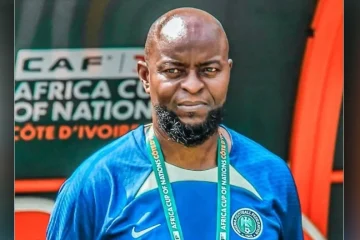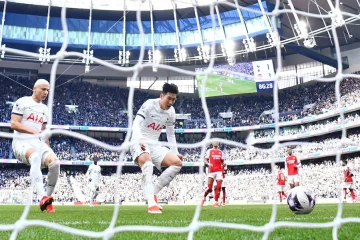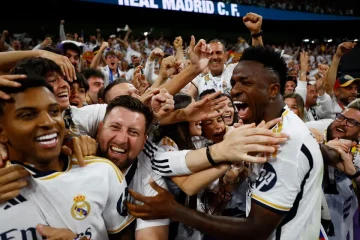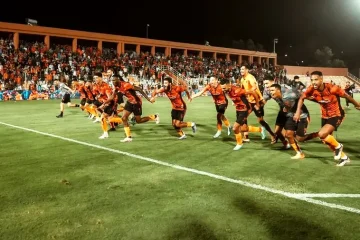NATIONAL football associations need to properly support their women’s teams so they can perform at their best, FIFA chief women’s football officer Sarai Bareman said.
A number of teams who featured at the Women’s World Cup in Australia and New Zealand were in dispute with their associations, casting a pall over the buildup to the tournament.
England put aside a dispute over bonuses to reach the final, while Canada and Nigeria have long been locked in disputes with their respective federations. Jamaica even had to crowdfund for preparation expenses before they travelled to the tournament.
Winners Spain had long been in dispute with the Spanish federation (RFEF) over coach Jorge Vilda’s methods and training practices.
This came to a head when former RFEF president Luis Rubiales kissed player Jenni Hermoso on the lips in the medal ceremony in Sydney. Vilda was sacked last month before Rubiales resigned.
Bareman, a former Samoa player, said female players would never reach their full potential unless backed year-round by their associations and clubs.
“Give them the environment and support that they should get as professional athletes. It’s very simple. You know, we did it at this World Cup, we (FIFA) equalised all of the levels of people and service levels for those efforts,” she said at the Leaders sports business conference in London.
“So they fly business class and have single hotel rooms, they have team base camps now, the delegation sizes are equal to what we saw (at the men’s World Cup) in Qatar.
“You need to give those athletes an environment where they can actually perform and be at their best when they get onto the pitch. And that’s not just a World Cup that’s day in and day out the club environment and the league environment.”
For the first time, FIFA provided teams at this World Cup with the same levels of support they did at the men’s last year. The tournament, expanded for the first time from 24 to 32 teams, had record crowds and generated more than $570 million in revenue.
The body also increased the total prize purse for the ninth edition of the Women’s World Cup to $152million – although this is still a long way off the $440million the men had in Qatar.
Bareman said it was a challenge to make sure FIFA balanced the growth of the game in less developed nations that had poor governance with maximising the opportunities at the top-ranked nations.
“Often in many of our developing countries, the talent and the passion and the people are there on the ground. But what often lets them down is the governance,” she said.
“So it’s about making sure also the administrative structures around your game are strong so that the work that happens on the pitch can be sustained.”














